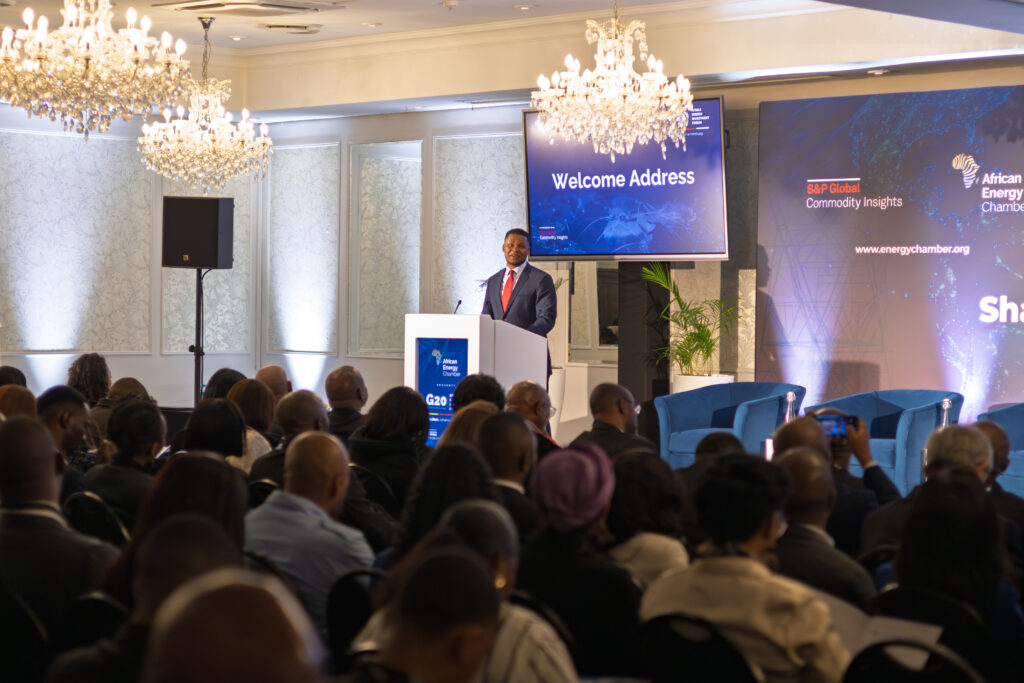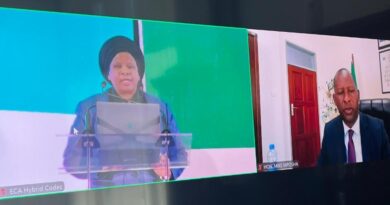G20 Africa Energy Investment Forum Urges Pension Funds to Close Continent’s Energy Gap
The G20 Africa Energy Investment Forum, hosted by the African Energy Chamber (AEC), has highlighted the pivotal role of African pension funds in addressing the continent’s infrastructure investment shortfall.
Speaking at the forum, NJ Ayuk, Executive Chairman of the AEC, called for Africa to harness domestic capital to meet its growing energy needs. “Millions of Africans still lack access to reliable energy – and that is a human rights issue,” Ayuk stated. “We need more than $15 billion in refinery investment alone. We cannot continue relying on external actors. Africa sits on $400 billion in pension funds, and we must channel this capital into closing the energy deficit and giving Africans a real fighting chance. Whether it is renewables or oil, it’s time to innovate and get energy to the people.”
Ayuk also emphasised the importance of youth empowerment in shaping Africa’s energy future. “It starts with forums like this. We must protect investments, embrace our oil, gas and renewable resources, and industrialise. The opportunities we create should empower young people. It is time to pass the torch so they can lead and scale our progress.”
He noted that while wealthy nations focus on decarbonisation, strategic use of pension funds could enable Africa to industrialise and drive sustainable growth.
Nardos Bekele-Thomas, CEO of the African Union Development Agency (AUDA-NEPAD), echoed these sentiments, pointing to the continent’s untapped domestic capital.
“By optimising the balance sheets of existing portfolios, governments can unlock billions without turning to external financing,” she said. “African pension funds hold $1.5 trillion in assets under management. We are working to channel even a fraction of this domestic capital into African infrastructure.”
The forum brought together public and private sector leaders to discuss innovative financing mechanisms, underscoring the urgency of leveraging domestic resources to meet Africa’s infrastructure and energy needs.



